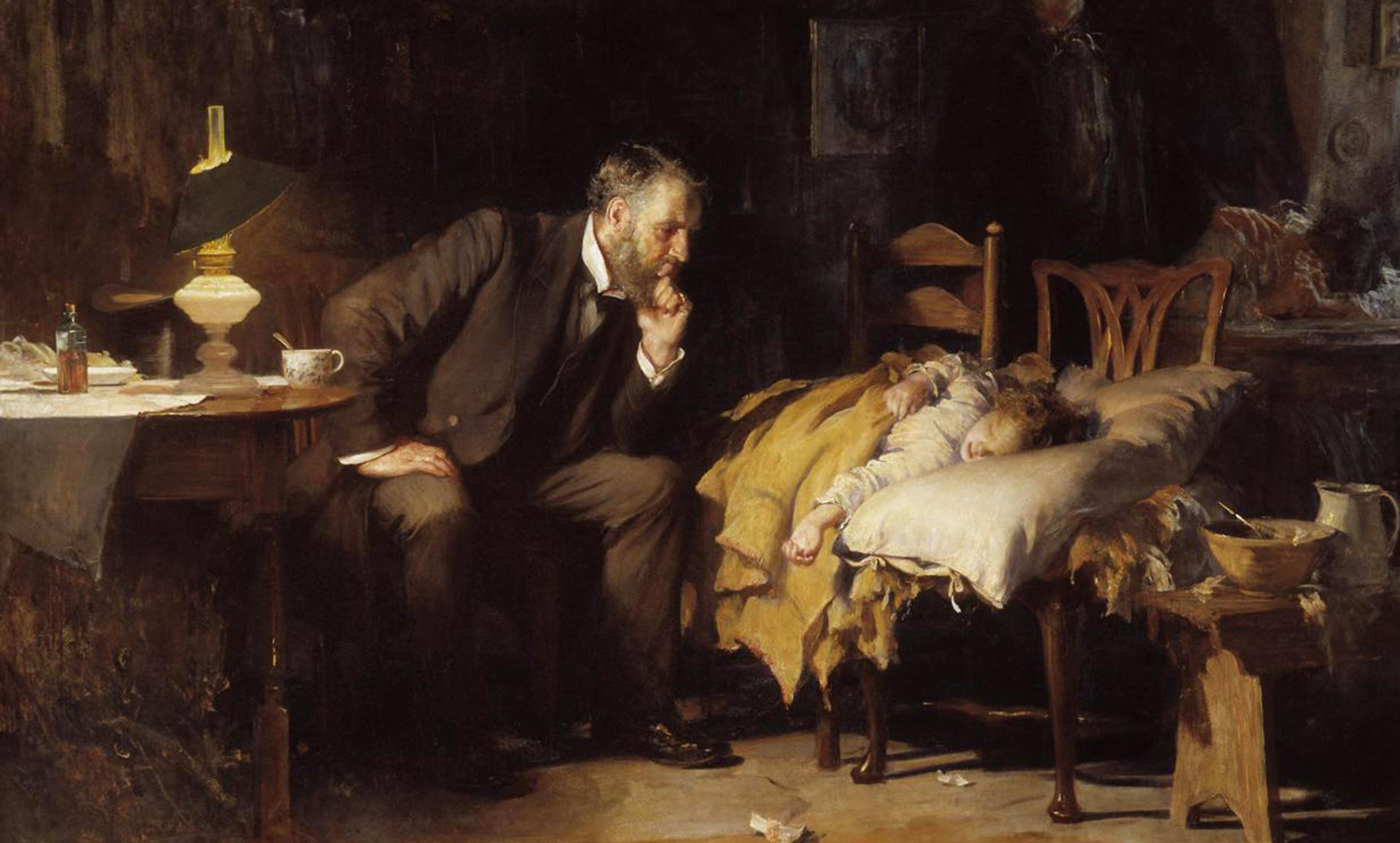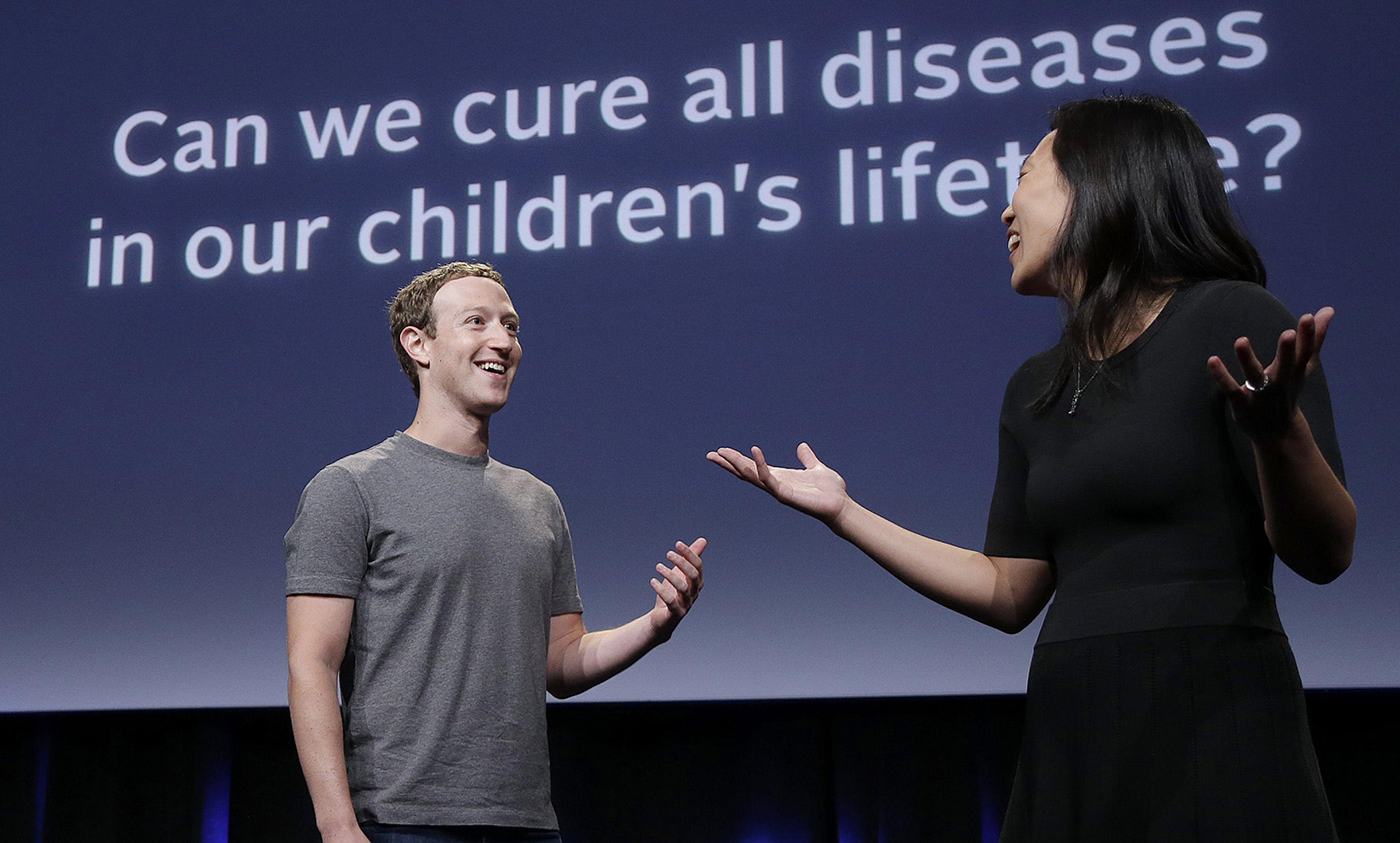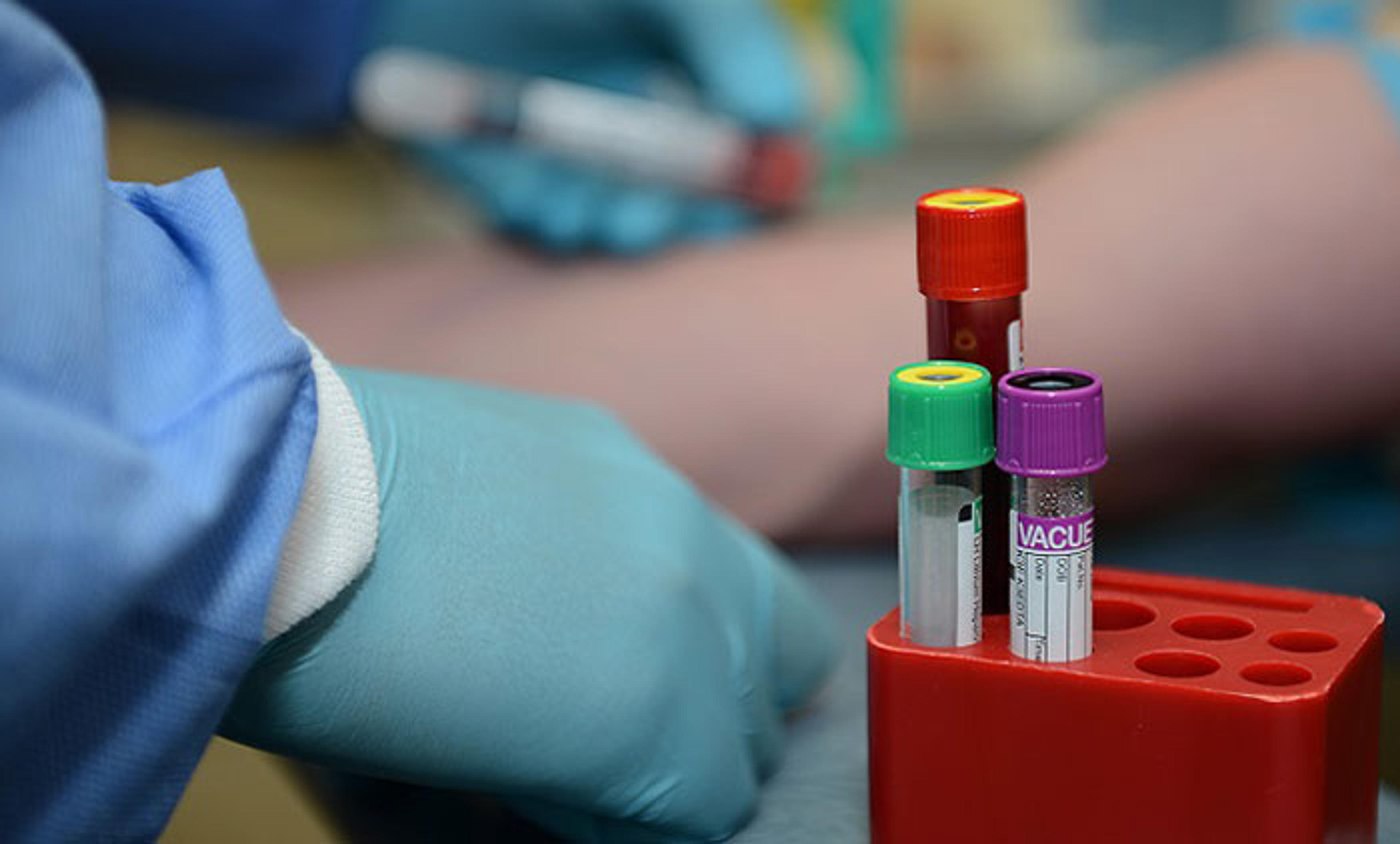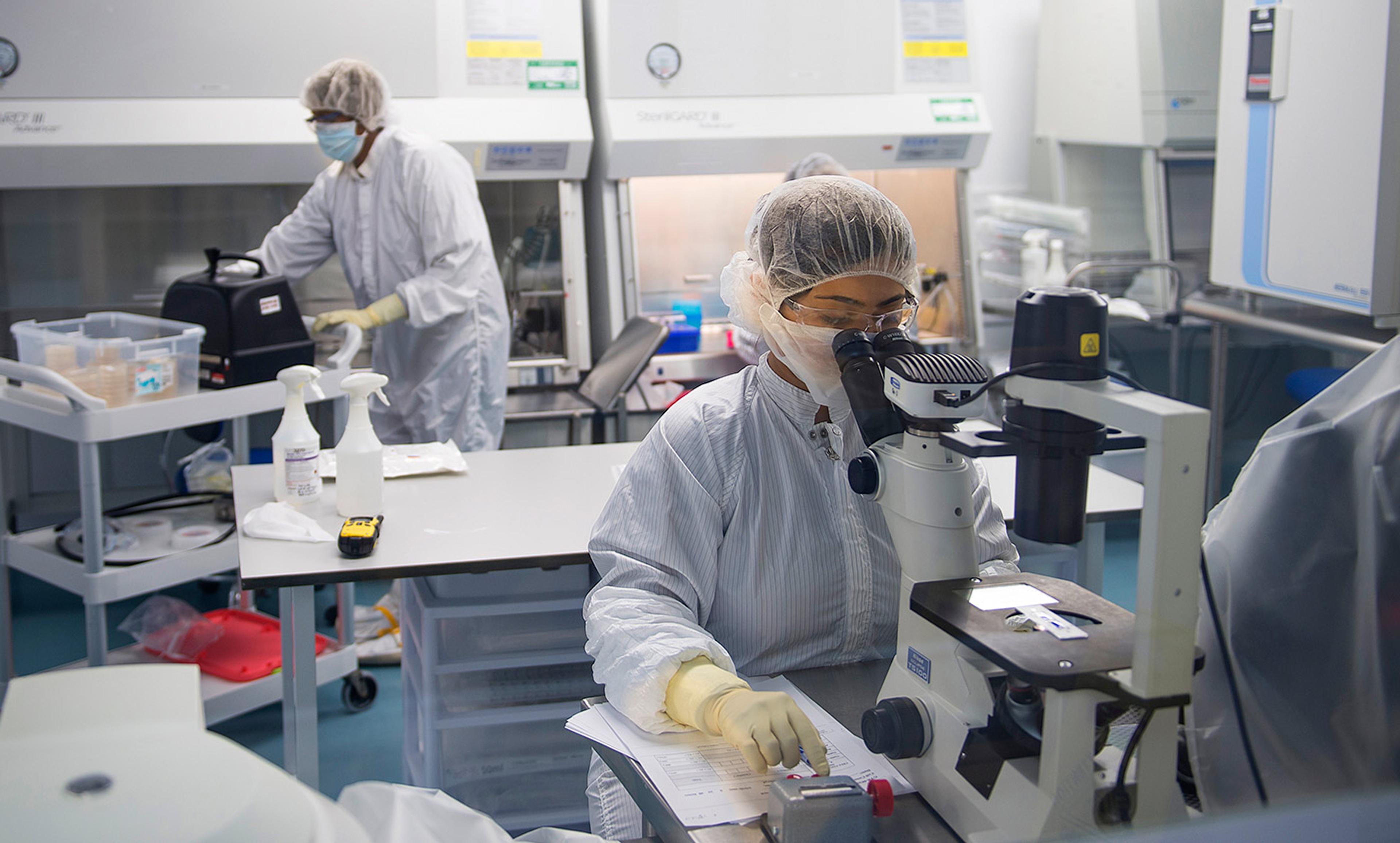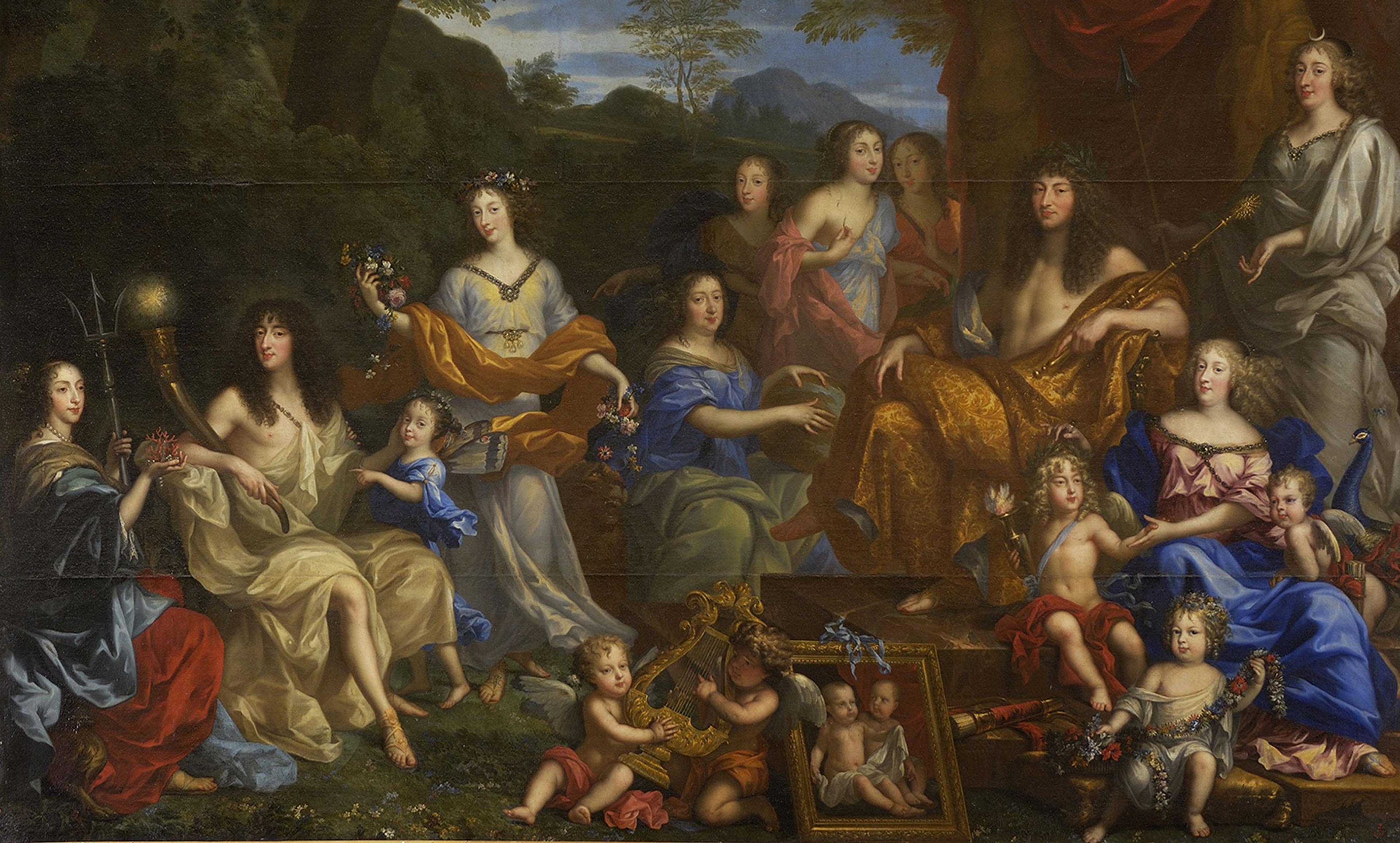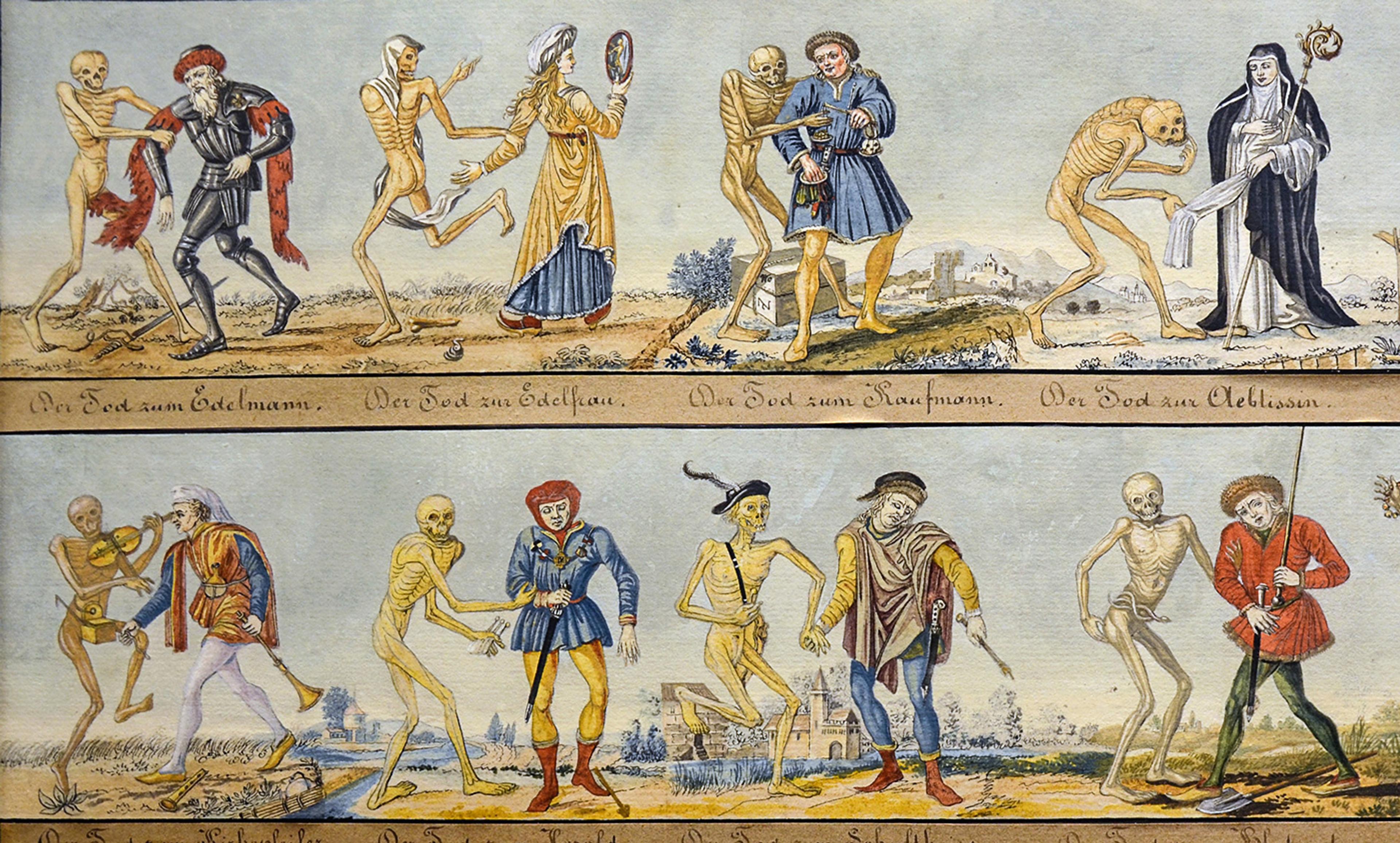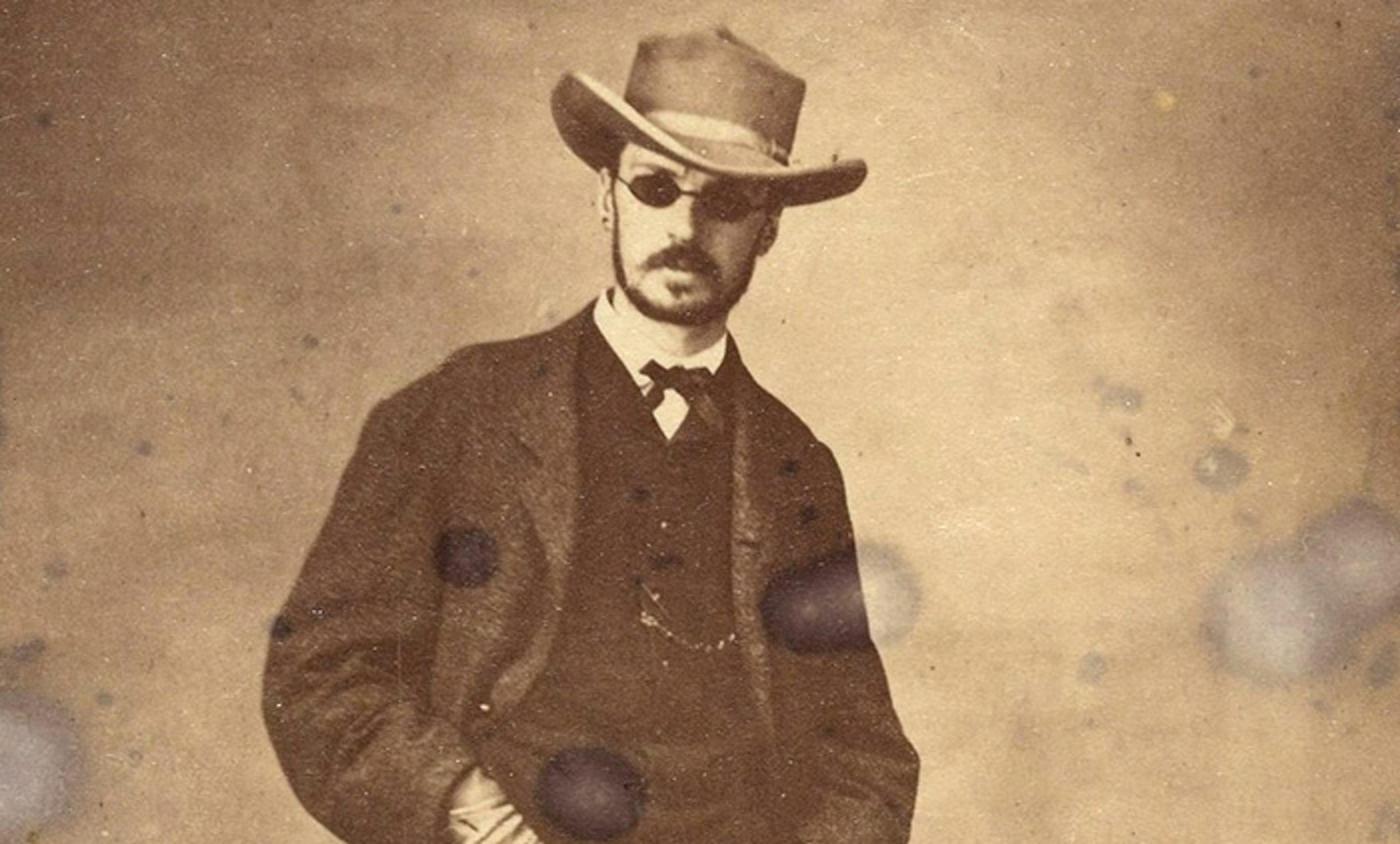Detail from The Doctor (1891) by Luke Fides. Photo courtesy Wikipedia
When I was three years old, I was told that my brother Jason had a 95 per cent chance of dying before he was one. He was born with cerebral palsy, muscular dystrophy and other conditions that made the doctors believe he’d have a dramatically shortened life expectancy. Year after year, my brother outlived this fateful prediction – but its spectre haunted my family and spurred us on in the search for knowledge about Jason’s diagnoses.
All humans naturally desire knowledge, as Aristotle proclaims in the opening line of the Metaphysics. In our present age, one is tempted to add, especially about our health and the health of our loved ones. From Fitbits to WebMD to 23andMe, we commune, conspire and conduct our lives in a thicket of diagnostic and prognostic bioinformation. But, as philosophers from Aristotle to Zhuangzi have insisted, information is meaningless until it is interpreted – and interpretation is always a fraught and messy business.
Jason’s ‘95 per cent’ wasn’t just an indifferent number. My brother’s life is evidence of the politics of probability: the life-defining feedback loop that exists between our values and the information that shapes them. What we know about the future depends, in part, on what we think is worth knowing – and what we think is worth knowing depends, in turn, on what we believe the future already holds.
Take the case of infants with Trisomy 13 or 18. Also called Patau syndrome and Edwards syndrome, these genetic conditions are produced by the presence of additional chromosomes beyond the typical 23 pairs found in human cells. Thirty years ago, doctors were taught that these chromosomes resulted in ‘lethal congenital anomalies’, according to the paediatrician and bioethicist John Lantos, in an editorial for The Journal of the American Medical Association in 2016. As a consequence, the tacit clinical consensus was that life-sustaining therapies were futile, which became a self-fulfilling prophecy. But online videos of happy four- and five-year-old children with these conditions proved doctors wrong in the minds of many new parents, who began to demand treatment. Disbelief in the odds led to a change in the actual prognosis.
In other words, if a condition is thought to result in a low chance of survival, it translates into less care for the person with it. Invoking probabilities can create a fatal cycle that shapes how people understand the range of options at their disposal, and even the value of their children’s lives. Disability communities know this all too well. The idea that disability implies disadvantage is regrettably widespread, as loose talk about ‘tragedy’ and ‘struggle’ suggests. A wealth of research suggests that doctors routinely misjudge the quality of life that people with disabilities enjoy. If one judges such a life not worth living – as even Socrates ignominiously suggested – there’s no point fighting for treatment or questioning the conditions that generate the chances of success. Probability, far from being neutral, can directly contribute to injustice.
Medicine has long traded in prognostic data, but recent decades have seen dramatic advances in how we can predict and manage the physiology of the body. Yet the more one knows about the future, the more one feels accountable to it. Amid the excitement about new medical technologies and discoveries, it’s easy to miss those things that are harder to control: the values, responsibilities and obligations that build and organise human worlds. Assessing the future is not a neutral exercise in measurement and quantification, but something that’s saturated by relations of power and value. It therefore requires both humility and skepticism when the weight of numbers falls upon a life.
Imagine that you’ve just been diagnosed with a rare and severe form of stomach cancer. With dread, you ask the fateful question: ‘How long do I have to live?’ Eight months, comes the reply. ‘Just eight months?’ Yes, says your doctor – abdominal mesothelioma has a median mortality of eight months. Most would start planning how to squeeze as much as possible from the days left. But not so for the evolutionary biologist and historian of science Steven Jay Gould, who set out to determine how this probability was calculated and what it really meant, as he writes in ‘The Median Isn’t the Message’ (1985).
By digging deep into technical research, he realised the data was ‘right-skewed’ – he should live more than eight months. His prognosis, for example, was partly determined by his race – or rather, by structural racism, which affects how long you’ll live, your susceptibility to disease, and the type and quality of care you will receive. But his doctors didn’t include the fact that being white was part of his prognostic probabilities. Nor did they look at his status as a salaried, white-collar professor. Indeed, because it reliably tracks wealth and income, even zip code is a better predictor of health than genetic code. Race and class are always part of the politics of probability, because they shape what is possible for different people.
Whole-genome sequencing offers another disturbing lesson in the politics of probability. Say your young child is exhibiting abnormal physiological symptoms. You agree to whole-genome sequencing to try and pinpoint the cause. When you meet with your genetic counsellor to receive the results, she asks: ‘Do you want to know information that might affect your child when she becomes an adult?’ Bear in mind that this data is not related to your child’s current problem – it’s about unknowns in her future. Perhaps it will reveal she is at risk for Huntington’s disease and likely to face an early death. Perhaps it portends a condition far milder, or it amounts to nothing at all. How should you respond? Do you even want to know?
Such dilemmas have been described as cases of inflicted oughts – akin to the idea of inflicted insight, where participation in a psychological experiment causes you to learn something about yourself you’d rather not know. In the case of genome sequencing, if you decline the information and something happens down the road, how will you deal with knowing you could have mitigated it? Do you owe it not just to your child, but also to society, to find out what you can? But if you accept the burden of knowledge, how will that affect the way you raise your child? When and in what way will you tell her? How old is old enough to learn you might suffer an early death or will soon be living with some kind of illness or disease? Fifteen? Twenty-one? Forty? There are no easy answers and no way out of this dilemma once you’re in it.
In Beyond Good and Evil (1886), Friedrich Nietzsche declared: ‘without a constant falsification of the world through numbers, people could not live’. Perhaps. But some pay a far higher price for the false confidence that probability provides. My family and I were grateful for every day we got to spend with Jason. But there were others who took his ‘95 per cent chance’ to be a sign that he shouldn’t have lived. In a world hostile to disabled lives, the politics of probability is too often deadly. Jason beat the odds, but I wish they were in more people’s favour.
